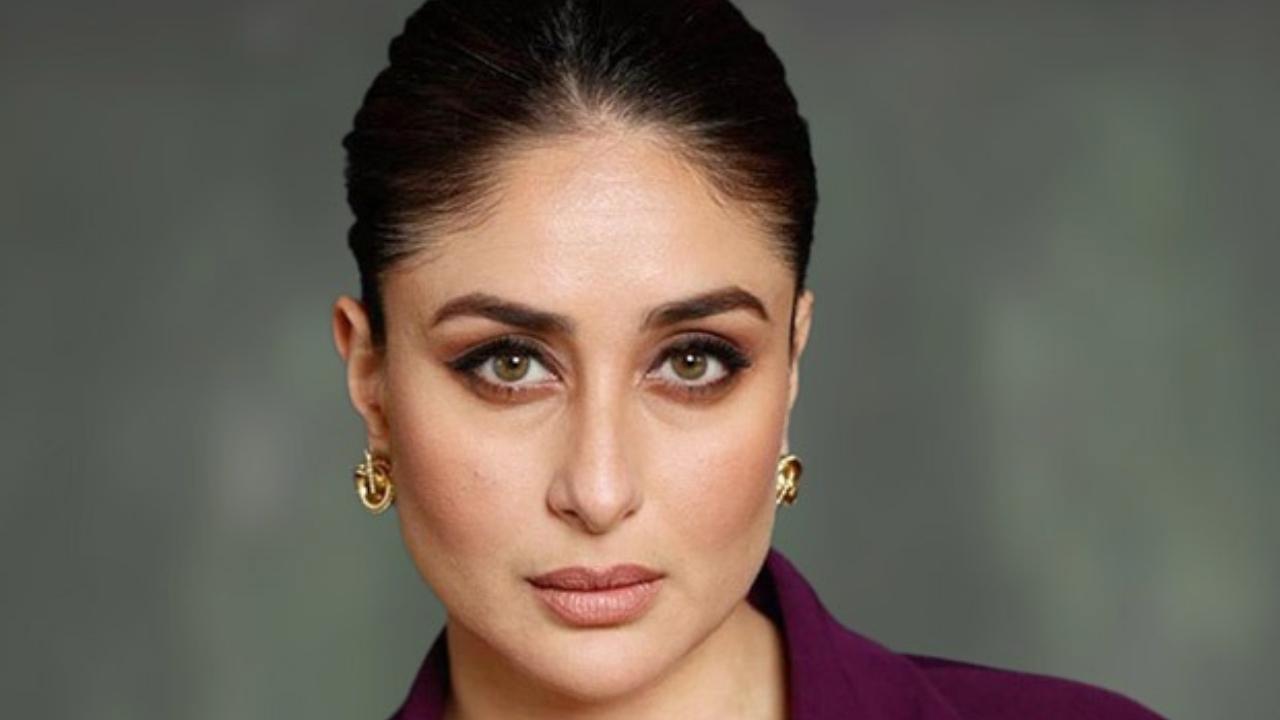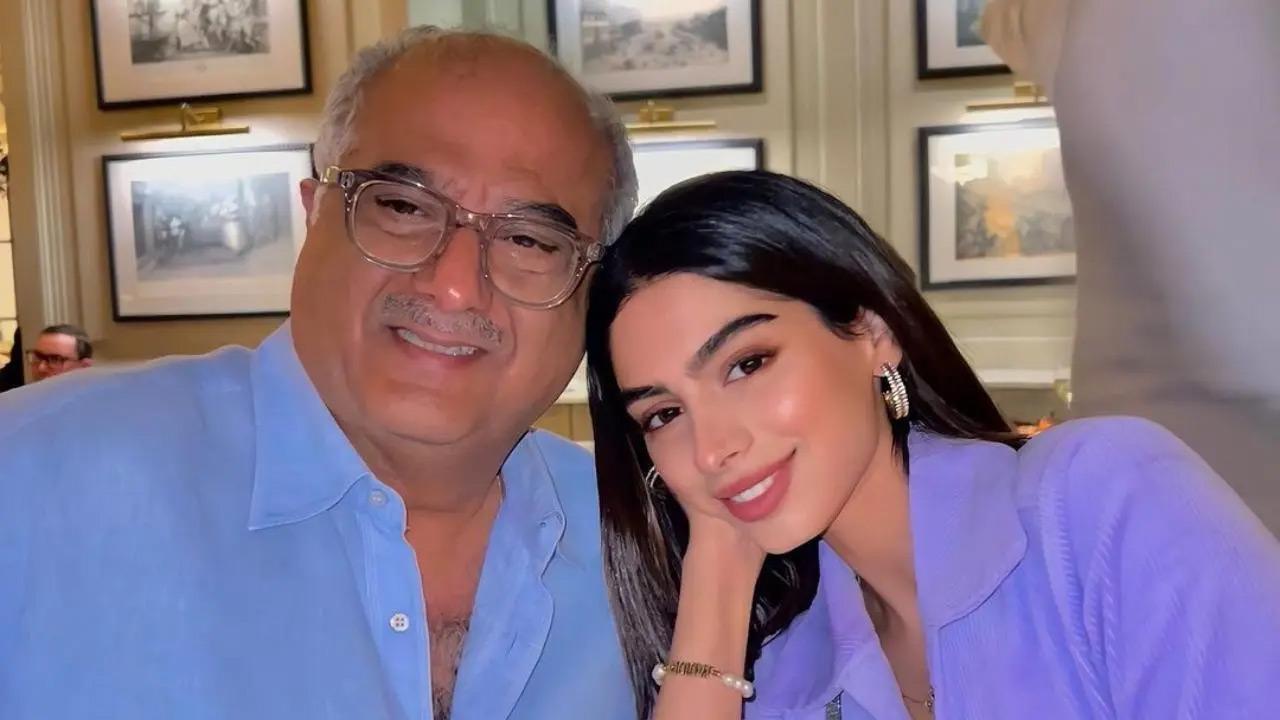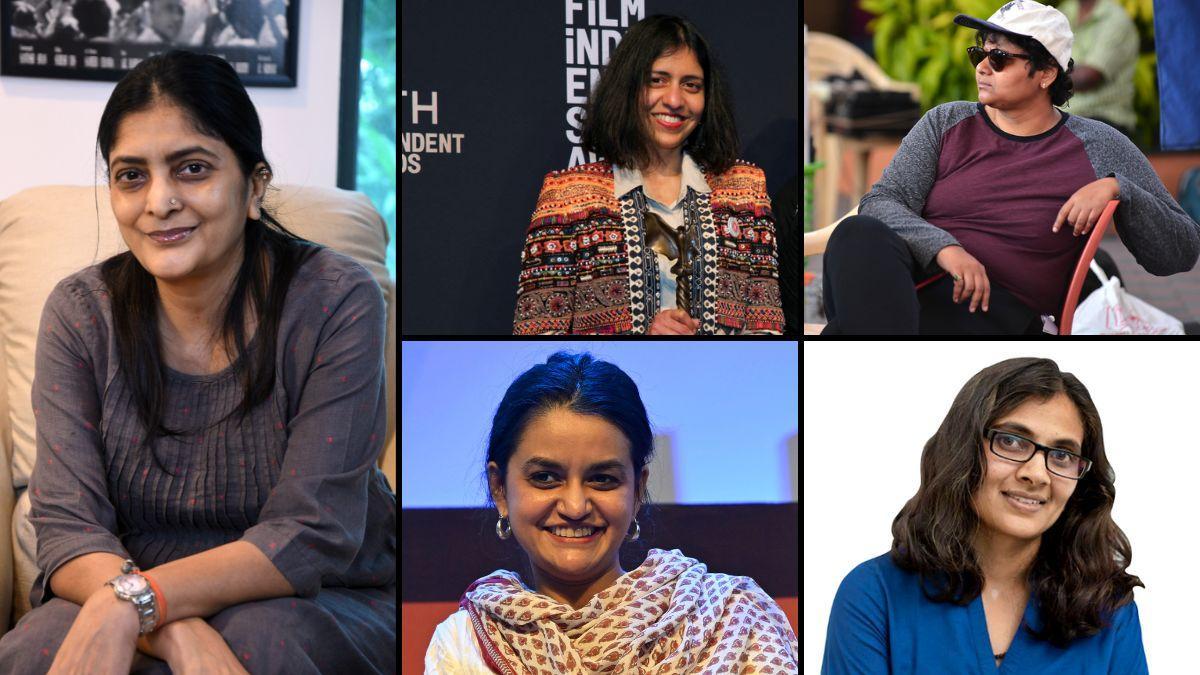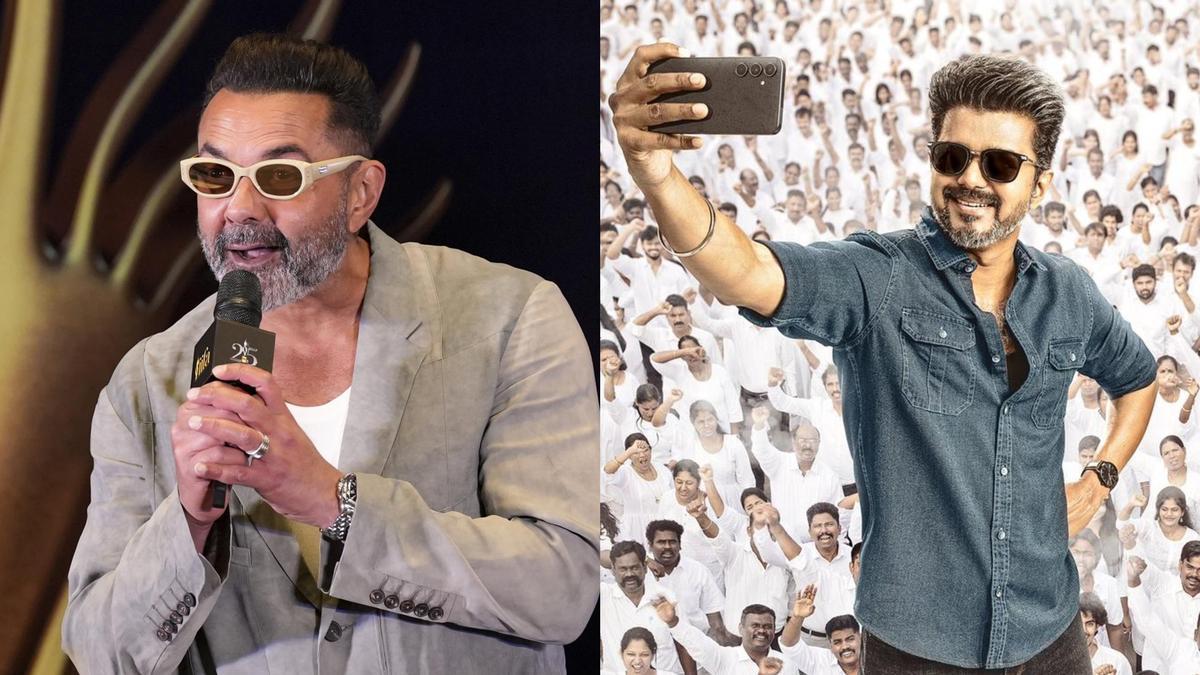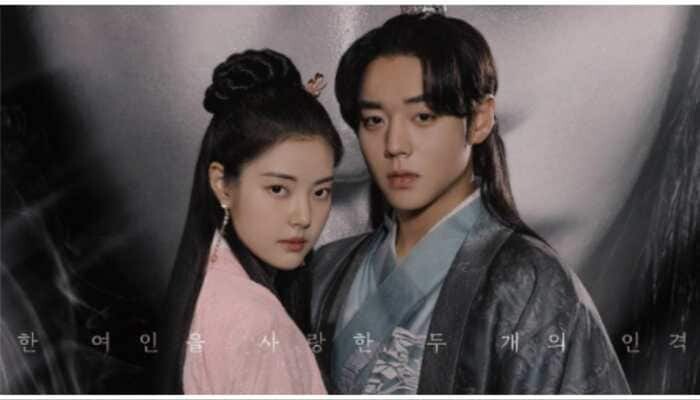
In the bustling world of entertainment, where shows flash across screens vying for attention, a new K-drama “Love Song For Illusion” has been capturing hearts with its unconventional tale of love, vengeance, and identity. Adapted from a webtoon bearing the same name, this engaging drama, although not widely publicized, checks all the right boxes when it comes to storytelling and character development.
One might ask, what sets “Love Song For Illusion” apart from the deluge of historical period dramas? It’s the crafting of its protagonists, Crown Prince Sajo Hyun, played by Park Ji Hoon, and Yeon Wol, portrayed by Hong Ye Jin, both of whom bring a nuanced depth to their roles. The story begins with echoes of tragedy and loss. Sajo Hyun, who is plagued by a personality disorder, has an alter ego at odds with his own introverted nature. This split within is personified as Ak Hee, who is believed to be behind ominous plans to upend the prince’s life and reign.
Conversely, Yeon Wol, whose childhood witnessed the brutal assassination of her parents – the former king and queen – by none other than Sajo Hyun’s father, has pledged her life to avenging their deaths. Her path leads her to become a formidable assassin amongst rebels, only to wake one day with her memories erased and her fate entwined with the Crown Prince as his concubine.
The layers of their shared history unfold against a backdrop of palace intrigue and socio-political maneuvering. While their childhoods are disparate—Sajo Hyun chastised for his artistic tendencies and Yeon Wol celebrated for her martial prowess—they both face adulthood marked by these early experiences. Sajo Hyun’s sanctuary is found in the drapery, harboring aspirations of fashion design amidst royal duties. This juxtaposition is groundbreaking as it introduces the concept of a royal who prefers creative expression over the rigidity of court life.
At the heart of the show is an exploration of gender roles and stereotypes. Yeon Wol challenges Sajo Hyun, urging him to embrace his passion without succumbing to societal expectations of masculinity. Their interactions provide a fresh perspective on the gender discourse, particularly within the historical context of the show.
Park Ji Hoon and Hong Ye Jin anchor the drama with performances that embody the complexities of their characters. Observant viewers may note a resemblance between Park Ji Hoon and another well-known actor, Park Seo Joon. This physical similarity aside, it is the gravitas of their collective acting that fortifies the narrative’s core.
Stunningly produced, “Love Song For Illusion,” showcases meticulous fight scenes and dance sequences that complement the storytelling. Although there are moments when the pacing may feel protracted, the drama succeeds in maintaining the audience’s engagement, leading them to ponder the eventual outcome of Sajo Hyun and Yeon Wol’s ill-starred relationship. Will the vestiges of their traumatic pasts allow them to find common ground, or will the weight of enmity and duty prove too insurmountable?
“Love Song For Illusion” exemplifies the potential of K-drama to transcend traditional boundaries and invoke introspection on themes of identity, societal norms, and the power of empathy. It stands as testament that compelling narratives lie in the readiness to challenge the status quo and intertwines the beauty of storytelling with the influence of vibrant characters.
For viewers seeking an escape into a world where lines between antagonist and protagonist blur, where the quest for personal truth defies expectations, “Love Song For Illusion” is available for streaming on Viki. Tune in to witness this captivating tale of love and retribution, and see where the journey of Crown Prince Sajo Hyun and the indomitable Yeon Wol will lead.



